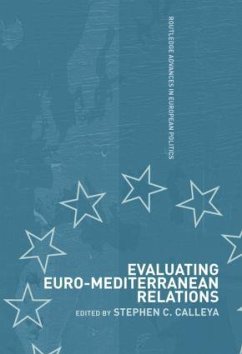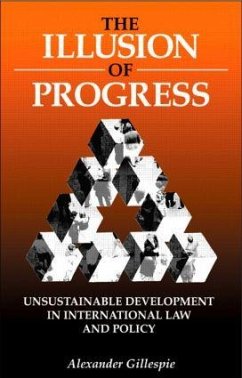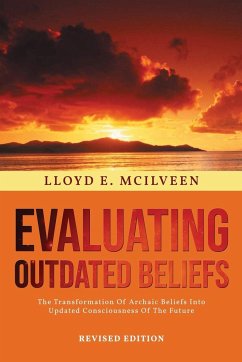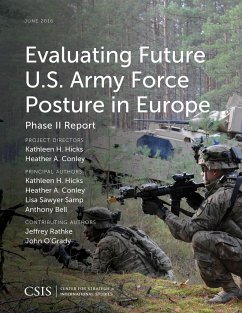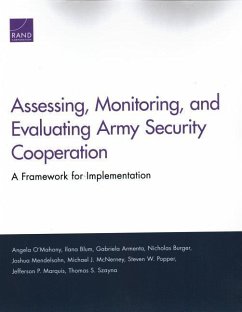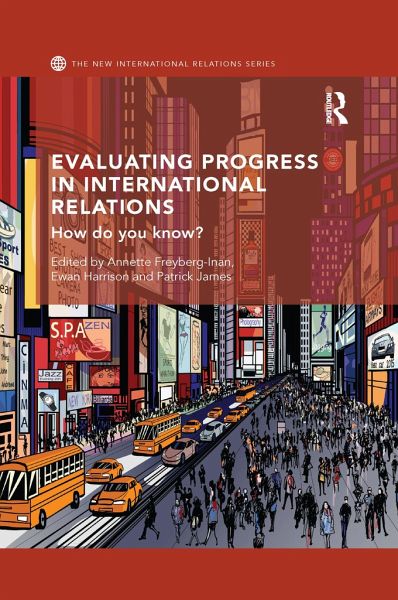
Evaluating Progress in International Relations
How do you know?
Herausgeber: Freyberg-Inan, Annette; James, Patrick; Harrison, Ewan
Versandkostenfrei!
Versandfertig in 1-2 Wochen
64,99 €
inkl. MwSt.
Weitere Ausgaben:

PAYBACK Punkte
32 °P sammeln!
This edited volume offers a systematic evaluation of how knowledge is produced by scholarly research into International Relations. The contributors explore three key questions: To what extent is scientific progress and accumulation of knowledge possible? What are the different accounts of how this process takes place? And what are the dominant critiques of these understandings? It is the first publication to survey the full range of perspectives available for evaluating scientific progress as well as dominant critiques of scientism. In its second part, the volume applies this range of perspect...
This edited volume offers a systematic evaluation of how knowledge is produced by scholarly research into International Relations. The contributors explore three key questions: To what extent is scientific progress and accumulation of knowledge possible? What are the different accounts of how this process takes place? And what are the dominant critiques of these understandings? It is the first publication to survey the full range of perspectives available for evaluating scientific progress as well as dominant critiques of scientism. In its second part, the volume applies this range of perspectives to the research program on the democratic peace. It shows what we gain by accommodating and enabling dialogue among the full range of epistemological approaches. The contributors elaborate and defend the epistemological position of sociable pluralism as one that seeks to build bridges between soft positivism, critical theory, and critical realism. The underlying idea is that if the differences between the various approaches used by different communities of researchers can be understood more clearly, this will facilitate meaningful cross-cutting communication, dialogue, and debate and thereby enable us to address real-world problems more effectively. This timely and original work will be of great interest to advanced-level students and scholars dealing with philosophy of science and methodological questions in International Relations.






